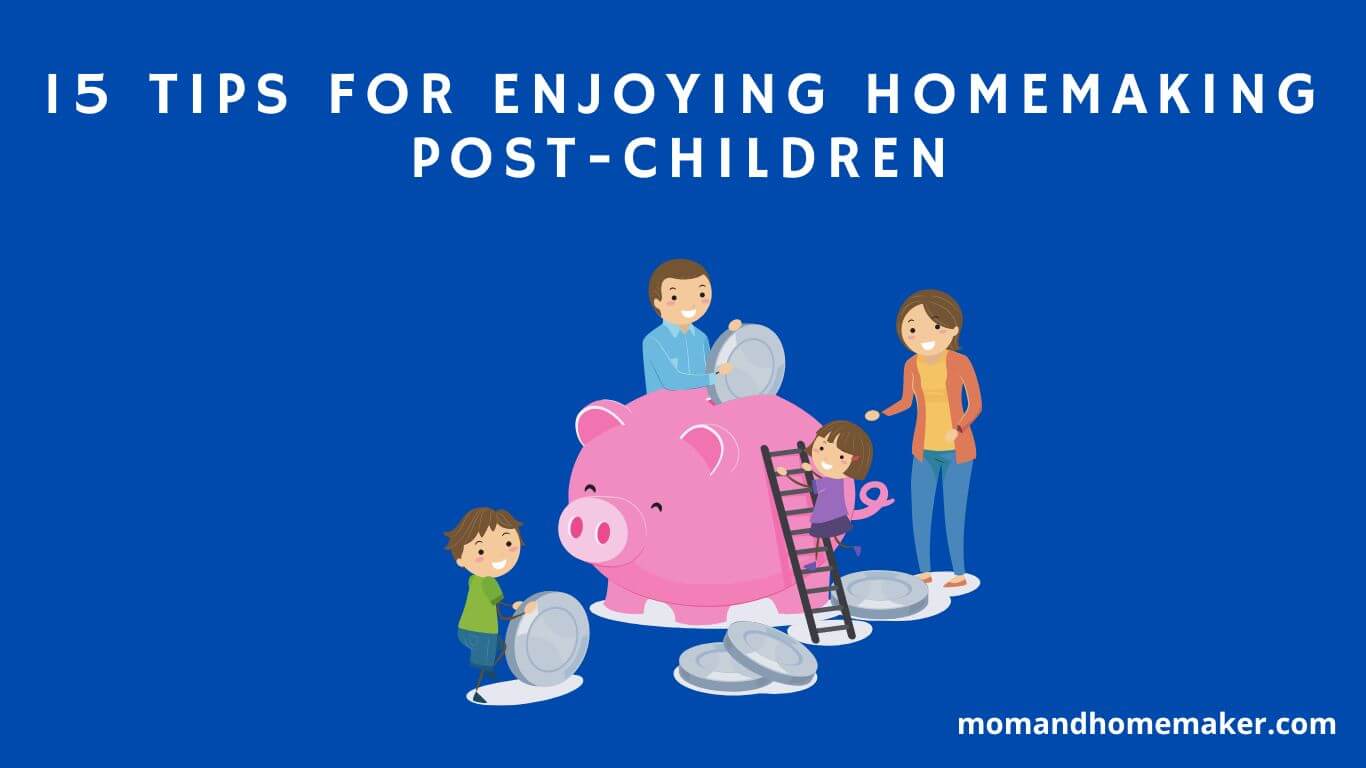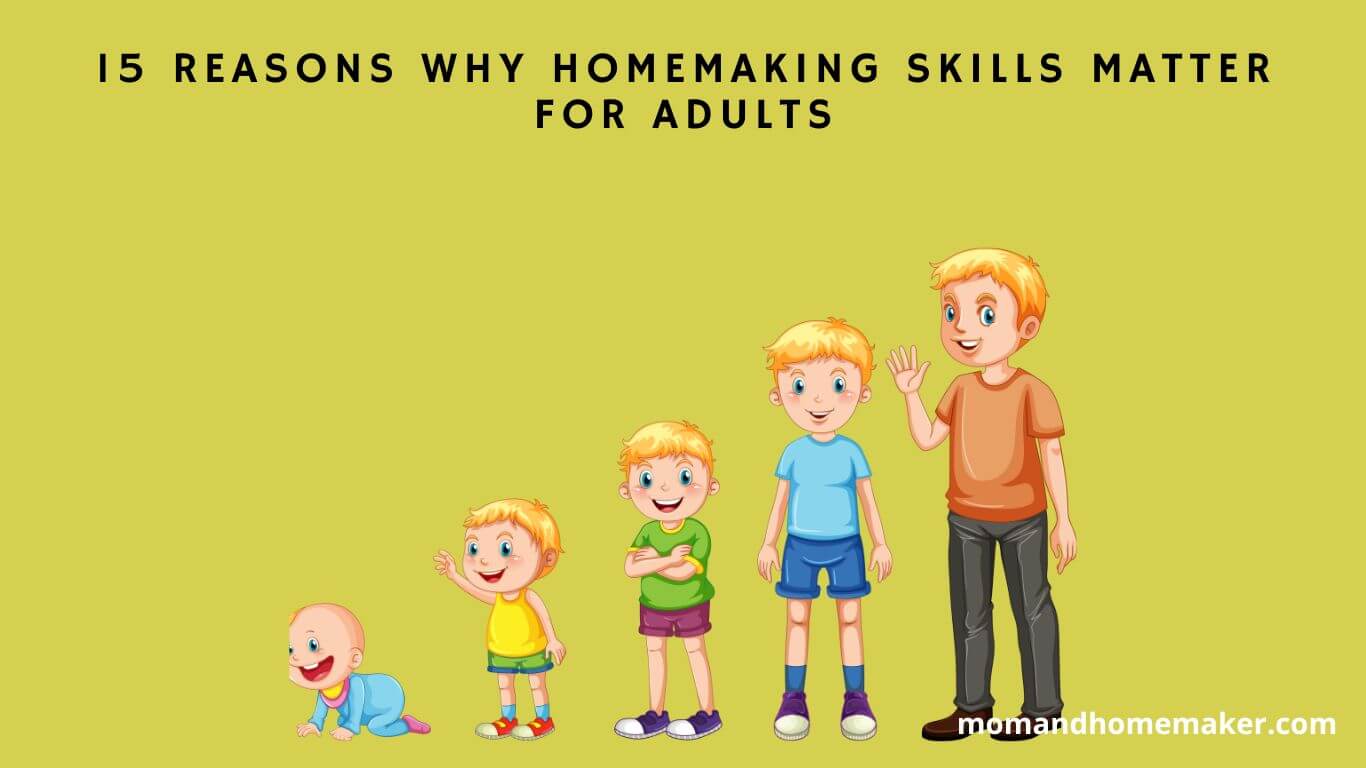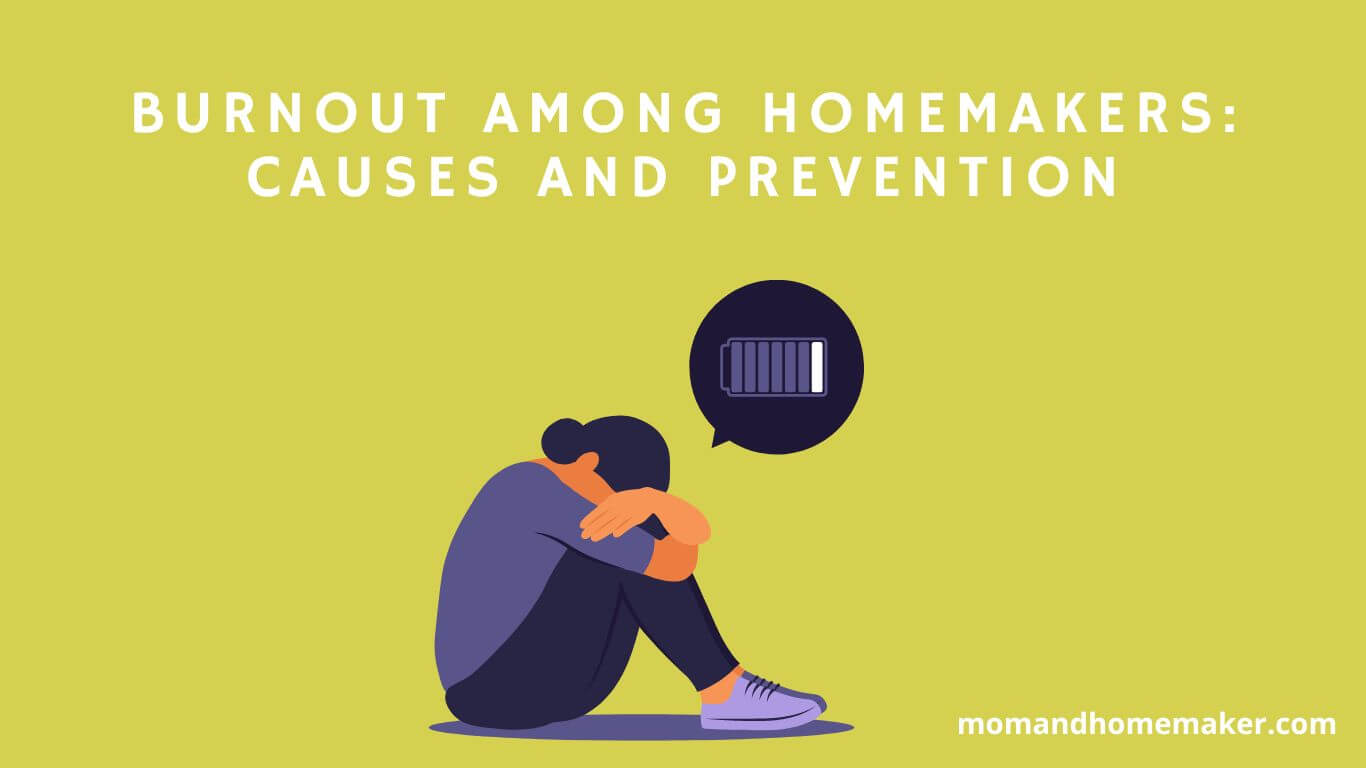Losing a family member can have a different impact based on the relationship you shared with them. Dealing with the dynamics of sibling relationships, coping with the profound grief of losing a spouse, or enduring the heartbreak of a child’s absence all present unique challenges.
The hardest family member to lose may not be who you expect, and the depth of sorrow felt can be influenced by various factors.
Ultimately, the question of which family member is the hardest to lose is deeply personal and varies for each individual.
Parental Figure
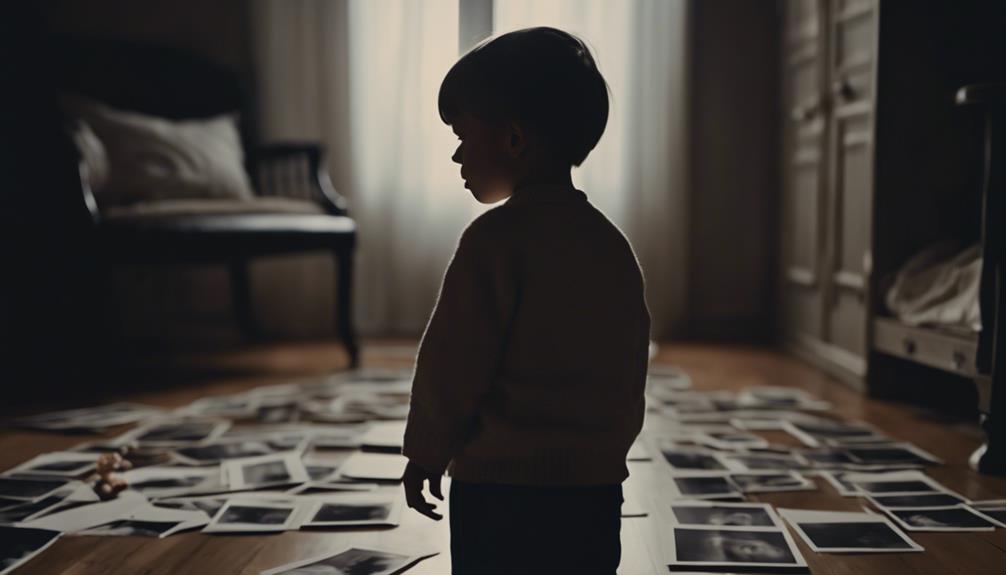
Experiencing the loss of a parental figure can be incredibly difficult, creating a void that seems impossible to fill. It can feel like being adrift in a storm without a guiding light. Memories from your childhood flood back, each one holding precious moments spent with the person who showed you unwavering love.
Your parent wasn’t just a caregiver; they were your mentor, shaping your values and beliefs. Family traditions, once joyously celebrated together, now serve as poignant reminders of their absence.
During this time, it’s important to hold on to the valuable lessons your parent taught you. Their words of wisdom continue to resonate in your mind, offering guidance even though they’re no longer physically present.
Strive to embody their strength, kindness, and resilience as you navigate this challenging period. Treasure the memories you shared, as they reflect the enduring love that binds you together. Keep their legacy alive by upholding the values and customs they passed down to you.
Despite the overwhelming grief you may be feeling, take comfort in knowing that their spirit lives on within you, providing strength as you face life’s challenges.
Sibling Bond
Amid life’s chaos, the sibling bond remains a strong anchor, grounding you in shared experiences and unwavering support. Childhood memories intertwined form a beautiful tapestry of moments that shape your identity. From fun adventures to squabbles over toys, sibling rivalry may have been present, but it pales in comparison to the enduring bond that grows over the years.
Growing up with a sibling means having a reliable support system. Through all the ups and downs, your sibling is there to cheer you on or lend a listening ear. Shared experiences create a profound understanding that goes beyond words; it’s a connection that goes deeper than just being related by blood.
In times of loss, the absence of a sibling can create a void that no one else can fill. The memories, inside jokes, and shared history are all part of what makes the sibling bond so special. It’s important to cherish these connections, nurture them, and let them remind you of the lasting love within families.
Spousal Loss
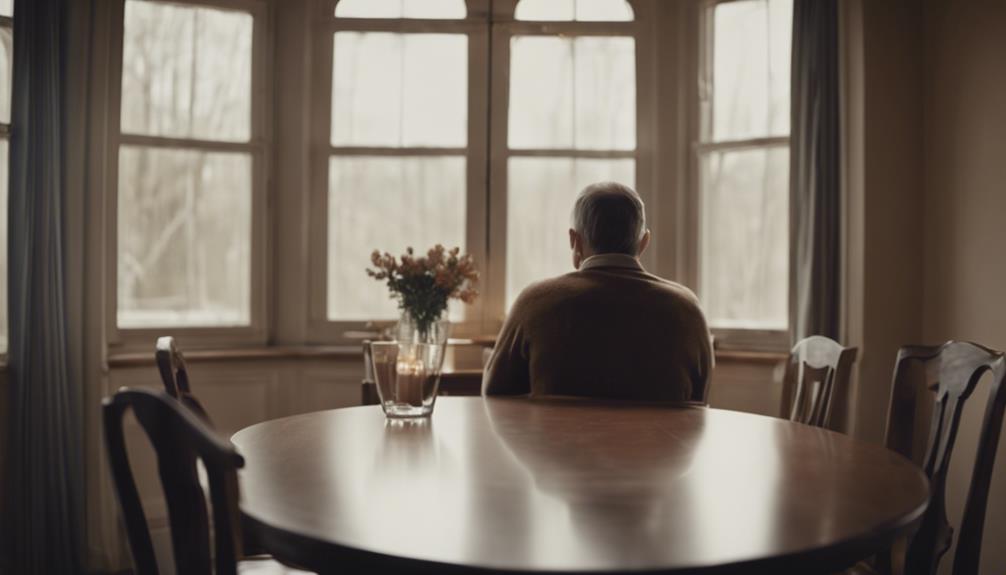
Losing a spouse is a deeply emotional and challenging experience. The bond shared with a partner is a vital source of support and companionship in life. When a spouse passes away, the widow’s journey becomes filled with a mix of emotions and difficulties. The absence of a partner creates a significant void that impacts every aspect of daily life.
Memories of the marriage can bring both comfort and pain, serving as a reminder of the love and life shared with the departed spouse. During this tough period, the support of friends, family, and the community is crucial in helping the widow navigate through the grieving process.
However, coping with widowhood is a profound adjustment that can be overwhelming at times. Adaptation to life without a spouse is a significant challenge that requires time and understanding.
Child’s Absence
When a child is no longer present in the home, there’s a noticeable silence that fills the space, and daily routines are disrupted. The absence of a child can bring profound sadness and a feeling of emptiness to a family. The impact of a child’s absence is deeply felt in various ways:
- Parental Support: The missing child may have been a source of emotional support and care for the parents, leaving a significant void that’s hard to replace.
- Sibling Relationships: Siblings may find it challenging to cope with the absence of their brother or sister, missing the bond, companionship, and shared experiences they once had.
- Childhood Memories: The memories made with the absent child become cherished keepsakes, and the absence of new memories serves as a constant reminder of their absence.
The dreams parents had for their child’s future, the unconditional love they shared, and the unique presence the child brought into the family all contribute to the complexity of dealing with the loss of a child.
Grandparent’s Departure

Experiencing the loss of a grandparent can bring about feelings of sadness and nostalgia within a family. When a grandparent passes away, the memories, wisdom, and traditions they shared may feel at risk of fading. The unspoken stories and the special connection they held with the family can leave a significant gap.
Grandparents play a unique role in the family, providing guidance, love, and a link to the family’s past. Their absence not only leaves a physical void but also an emotional one, as they are a source of comfort and stability.
As you navigate the grief of losing a grandparent, it’s important to cherish the memories, lessons, and values they imparted. Keep their traditions alive and honor their legacy of love and wisdom. Find solace in the bond that transcends generations, knowing that their spirit lives on in the hearts of those they influenced.
Aunt or Uncle Grief
Losing an aunt or uncle can bring a mix of sorrow and reflection to a family. When grieving the passing of an aunt or uncle, you may find yourself recalling the impact they had on your life and the legacy they left behind. Their presence, full of warmth and wisdom, can leave a noticeable absence that’s deeply felt.
Things to Keep in Mind:
- Aunt’s Legacy: Your aunt’s legacy may include her kindness, humor, or resilience, inspiring you to uphold her values and lessons.
- Uncle’s Memories: Holding onto memories of your uncle, whether it’s his stories or guidance, can help keep his spirit alive in your heart.
- Family Traditions: The loss of an aunt or uncle may also impact family traditions they were a part of, creating a sense of emptiness during special occasions.
During this challenging time, lean on your close support system to navigate the waves of grief. Remember the shared experiences you had with your aunt or uncle, as they can offer comfort and solace amidst the sadness.
Niece or Nephew Impact

Losing a niece or nephew can have a profound impact on your family dynamics. They represent the continuation of love and traditions within the family, shaping your identity through shared experiences and memories. Their absence means missing out on important milestones and unrealized dreams for the future.
Family traditions that were once shared now feel incomplete, leading to a sense of disconnection and emptiness. Nieces and nephews are a crucial part of your support system, and their loss creates a significant emotional void that’s hard to fill.
The joy, laughter, and love they bring to your life are priceless, making the impact of losing a niece or nephew deeply felt in the fabric of family relationships.
Cousin Connection
Cousins play a vital role in shaping family dynamics and providing a sense of belonging. They’re more than just relatives; they’re like built-in friends who share a special bond with you.
- Childhood Memories: Cousins create lasting childhood memories together, from fun adventures to family gatherings, forming a shared history that strengthens your connection.
- Shared Secrets: Growing up, cousins are often the first confidants with whom you share your deepest secrets and aspirations, building a foundation of trust and closeness in your relationship.
- Family Traditions: Cousins are instrumental in preserving family customs and passing them down through generations. Whether it’s observing holidays or marking special occasions, these shared traditions foster unity and continuity within the family.
Cousins serve as a support system and form a lifelong bond that enriches your life with love, understanding, and shared experiences.
In-Law Farewell

When saying goodbye to an in-law, it can stir up a mix of emotions, making it a challenging moment. During this time, it’s essential to have a strong support system in place.
Seek comfort from family, friends, or a counselor as you navigate through these feelings. Engaging in activities like journaling, exercising, or pursuing hobbies can also help in processing the emotions that come with farewelling an in-law.
Take time to reminisce about the shared memories and experiences you’ve had with your in-law. Appreciate the moments you’ve shared and the lessons learned along the way. It’s natural to feel a deep emotional impact when parting ways, so allow yourself to grieve and express your feelings openly.
Stepfamily Struggles
Navigating challenges within a stepfamily can be complex and require open communication and patience. Blended families bring together individuals with different backgrounds, necessitating understanding and compromise.
Adjustments for stepchildren integrating into a new family unit may require sensitivity and support. Building relationships as a stepparent can be delicate, requiring effort from both parties to establish trust and mutual respect.
Stepsibling rivalry might arise as children adjust to new roles and dynamics, needing guidance and reassurance for positive interactions. Coparenting struggles can occur when coordinating parenting styles and decisions, emphasizing the importance of clear communication and cooperation.
Guardian Goodbye
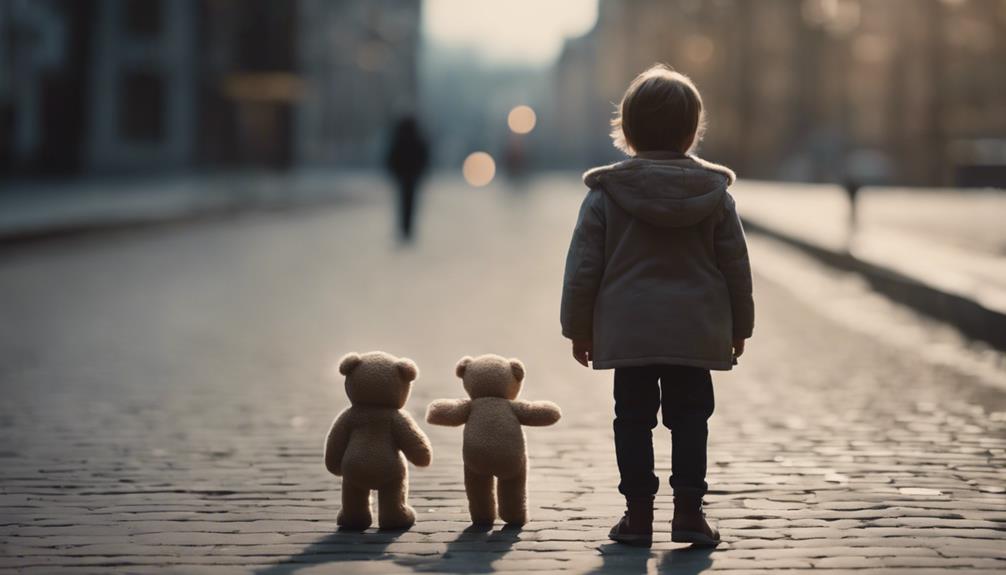
When a guardian passes away, it can have a significant impact on a family. The family may need time and support to heal and adjust to the loss. Several important aspects come into play when a guardian is no longer present, such as legal responsibilities, emotional support, financial implications, long-term effects, and coping strategies.
Legal Responsibilities:
- Make sure all legal documents are up to date.
- Understand custody arrangements for minors, if applicable.
- Fulfill any legal obligations on behalf of the guardian.
Emotional Support:
- Provide a safe space for family members to express their grief.
- Offer a listening ear and show empathy.
- Encourage seeking professional help if needed.
Financial Implications:
- Manage the guardian’s assets appropriately.
- Settle debts and estate matters.
- Plan for future financial stability.
It is essential to seek legal advice to navigate these responsibilities properly, lean on each other for emotional strength, manage finances wisely, prepare for lasting effects on family dynamics, and engage in healthy coping strategies like open communication and seeking support from a community or counselor.
Family Friend Separation
Experiencing the loss of a guardian can make the separation from a family friend a tough adjustment. Family friends hold a special place in your heart, offering unique support and companionship that adds richness to your life. Here are some important aspects to consider when dealing with the separation from a family friend:
- Shared Memories: Family friends have been part of many significant moments in your life, creating a collection of shared experiences that have shaped you.
- Emotional Support: They’re there to listen, comfort you, and provide unwavering emotional support when you need it.
- Family Bonds: Family friends often become integral to family traditions, joining in gatherings and celebrations, strengthening their bond with your family.
The childhood memories, emotional support, shared experiences, family traditions, and unconditional love shared with family friends can make their separation deeply challenging. It’s essential to cherish the moments you’d together and honor the connection you shared.
Pet’s Passing

The absence left by your pet’s departure creates a profound sense of loss, echoing the mark they’ve etched in your heart. Losing a cherished pet is a deeply emotional journey.
Your pet offered more than just companionship; they provided emotional support, unwavering love, and formed a bond that goes beyond words.
The memories shared with your pet are now precious keepsakes, each one a piece of the tribute you hold for them in your heart.
Foster Family Heartache
Dealing with the emotional challenges of saying goodbye to foster family members can be a deeply painful experience, filled with a mix of feelings. Foster care situations can bring about a range of tough emotions and circumstances that affect everyone involved. Here are some important points to consider:
- Heartache for Foster Parents: Foster parents often develop strong emotional connections with the children under their care. Saying farewell when a foster child moves on from their home can bring about intense sadness and a feeling of loss.
- Grief Among Foster Siblings: Foster siblings can form deep bonds with each other. When one foster sibling leaves, it can trigger feelings of grief, isolation, and a sense of missing a piece of their family.
- Trauma for the Foster Family: The constant cycle of welcoming new foster children into the family, forming attachments, and then saying goodbye can lead to emotional trauma for the entire foster family, affecting their mental well-being and stability.
These aspects shed light on the emotional complexities and difficulties faced within the foster care system.
Adoptive Family Loss
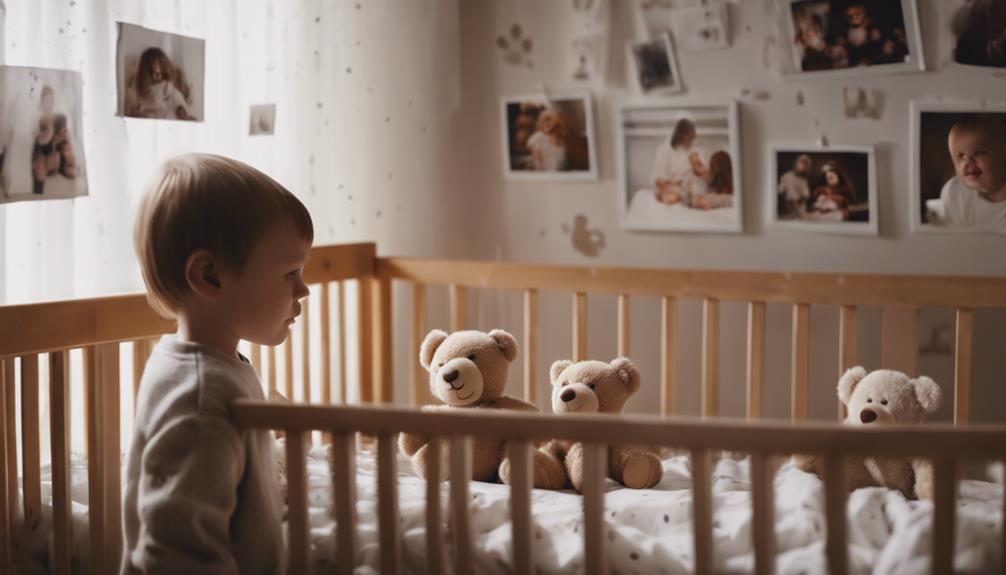
Experiencing the loss of a family member through adoption can be incredibly difficult emotionally. The challenges of adoption trauma, attachment issues, identity crisis, and the grieving process can have a profound impact on individuals. It’s important to recognize the unique struggles that come with adoptive family loss and ensure that those affected have the support they need to navigate through these tough times.
Dealing with the grief that follows adoptive family loss can feel overwhelming. People may go through a range of emotions, from denial and anger to eventually finding acceptance.
Building a strong support system and seeking help from professionals can help in processing these emotions and finding healthy ways to cope. Remember, you aren’t alone in this journey.
Distant Relative Mourning
Dealing with the loss of a distant relative may stir up unexpected emotions and require a unique approach to mourning. When a relative who was physically distant but held a significant place in your heart passes away, it’s essential to acknowledge the challenges that come with grieving such a loss.
During this time, physical distance can make it challenging to find solace in the presence of others. Seeking comfort through phone calls, video chats, or messages can help bridge the gap and provide the support needed to navigate this difficult time. Virtual support groups or online counseling services can offer a sense of community and understanding as you face the grief of losing a distant relative.
Grieving alone can intensify feelings of isolation and sorrow. It’s crucial to reach out to friends, other family members, or mental health professionals for guidance and companionship during this period of unseen mourning.
Despite the physical distance, finding ways to honor your relationship and memories can help bring closure to the loss, even if it feels distant.
Extended Family Sorrow

When dealing with the sorrow that affects your extended family, it’s important to recognize the complex web of emotions that intertwine within your family dynamic. In times of grief, your extended family can provide crucial support, offering comfort and empathy as you mourn together. Reflecting on cherished memories and shared traditions can bring comfort and strengthen the bond that persists despite the absence left by your lost family member.
As you navigate through this period of mourning, it’s valuable to honor your family’s legacy and uphold the values and teachings passed down through generations. Embracing these elements can offer resilience and a sense of continuity, preserving the essence of your family even in the face of loss.
Together, finding ways to celebrate the life of your loved one and safeguard their impact on your family’s narrative ensures that their memory endures through the unity and strength of your extended family.
Conclusion
Losing a family member is always a heartbreaking experience, but it’s often most devastating to lose a parent. When a parent is no longer there, it creates an irreplaceable void within the family.
It’s like a tree losing its roots, leaving the family feeling unsteady and adrift. It’s important to cherish every moment with your loved ones because they’re the foundation that supports you through life’s challenges.








